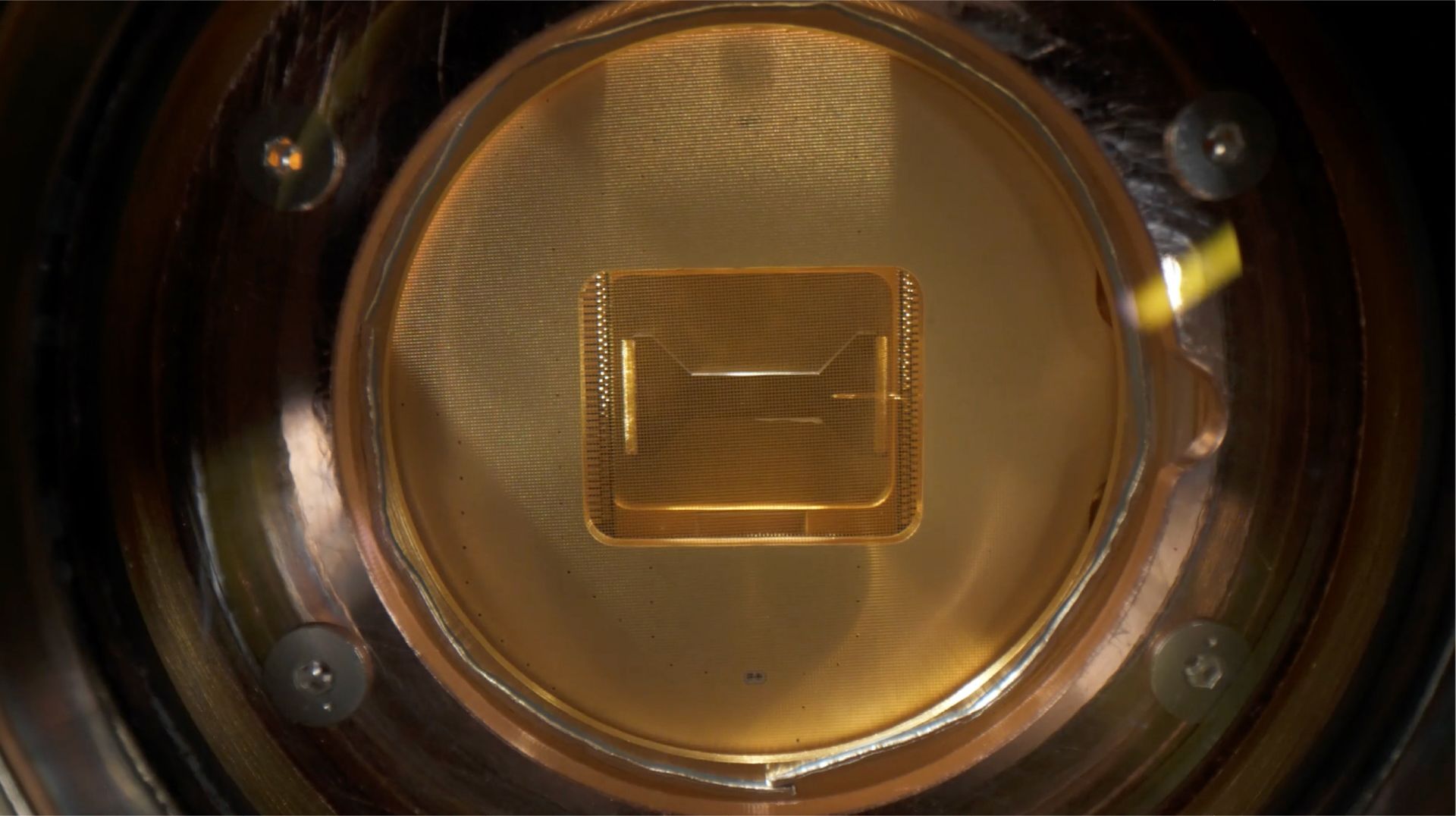The quantum computing world recently witnessed a remarkable performance as the new H2-1 quantum computer showcased its prowess. This 56-qubit marvel, developed by Quantinuum, has struck a chord in the scientific community by shattering the previous “quantum supremacy” benchmark.
The H2-1 quantum computer’s achievement is music to the ears of researchers. It outperformed Google’s Sycamore machine, the previous record holder, by a factor of 100.
The quantum leap in capability was unveiled in a study uploaded to the preprint database arXiv on June 4, though it’s worth noting that the research is yet to undergo peer review.
Quantum computer H2-1’s symphony of qubits
The harmonious arrangement of 56 qubits is the powering source behind it. These quantum bits form the foundation of its computational power, allowing it to perform calculations in parallel thanks to the laws of quantum mechanics and entanglement.
The concept of entanglement in quantum computing is akin to musicians in an orchestra playing in perfect sync. When qubits are entangled, the state of one qubit can instantly influence another, regardless of the distance between them. This quantum phenomenon allows for a level of computational complexity that classical computers can’t match.

The power of a quantum computer grows exponentially with each additional qubit, much like how adding instruments to an orchestra can dramatically enhance its sound.
Scientists predict that future quantum computers will be able to solve complex problems in seconds that would take classical supercomputers thousands of years to crack.
Hitting the right notes
To measure the H2-1’s performance, scientists at Quantinuum employed a well-known algorithm that assesses the noise levels or error rates of qubits. They used the linear cross entropy benchmark (XEB), which produces results between 0 (completely error-prone) and 1 (entirely error-free).
In this quantum performance, the H2-1 hit an impressive high note. It achieved an XEB score of approximately 0.35, meaning it can produce error-free results 35% of the time. This score is a significant improvement over Google’s Sycamore, which registered an XEB result of about 0.002 in 2019.
The H2-1’s performance is not just about raw power. It’s also about efficiency. This quantum virtuoso consumes 30,000 times less power than its predecessors, making it a more sustainable option for future computational needs.

Tuning towards quantum supremacy
While the H2-1’s performance is impressive, it’s important to note that we’re still in the overture of the quantum computing era. The point where quantum computers definitively outperform classical ones, known as “quantum supremacy” would require a quantum computer with millions of qubits.
Today’s largest quantum computer has only about 1,000 qubits.
The main challenge lies in the inherent instability of qubits. They’re prone to errors, which is why many researchers are now focusing on building more reliable qubits rather than simply increasing their number. It’s like refining the quality of each instrument in an orchestra rather than just adding more musicians.
Quantinuum has been playing a leading role in this refinement process. In a previous collaboration with Microsoft, they demonstrated “logical qubits” with an error rate 800 times lower than physical qubits.

These logical qubits showed an impressive error rate of just 1 in 100,000, a massive improvement over the 1-in-100 error rate of physical qubits.
The H2-1’s performance suggests that the full potential of fault-tolerant quantum computers might be within reach sooner than initially expected.
As Ilyas Khan, chief product officer at Quantinuum, noted,
“These results show that whilst the full benefits of fault tolerant quantum computers have not changed in nature, they may be reachable earlier than was originally expected”.
As researchers continue to refine and expand quantum technology, we can expect to hear more groundbreaking performances in the future. The quantum computing orchestra is tuning up, and the concert of technological advancement is just beginning.
Featured image credit: Quantinuum





